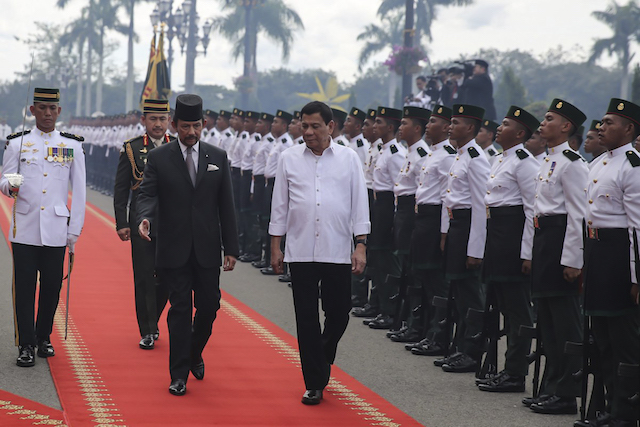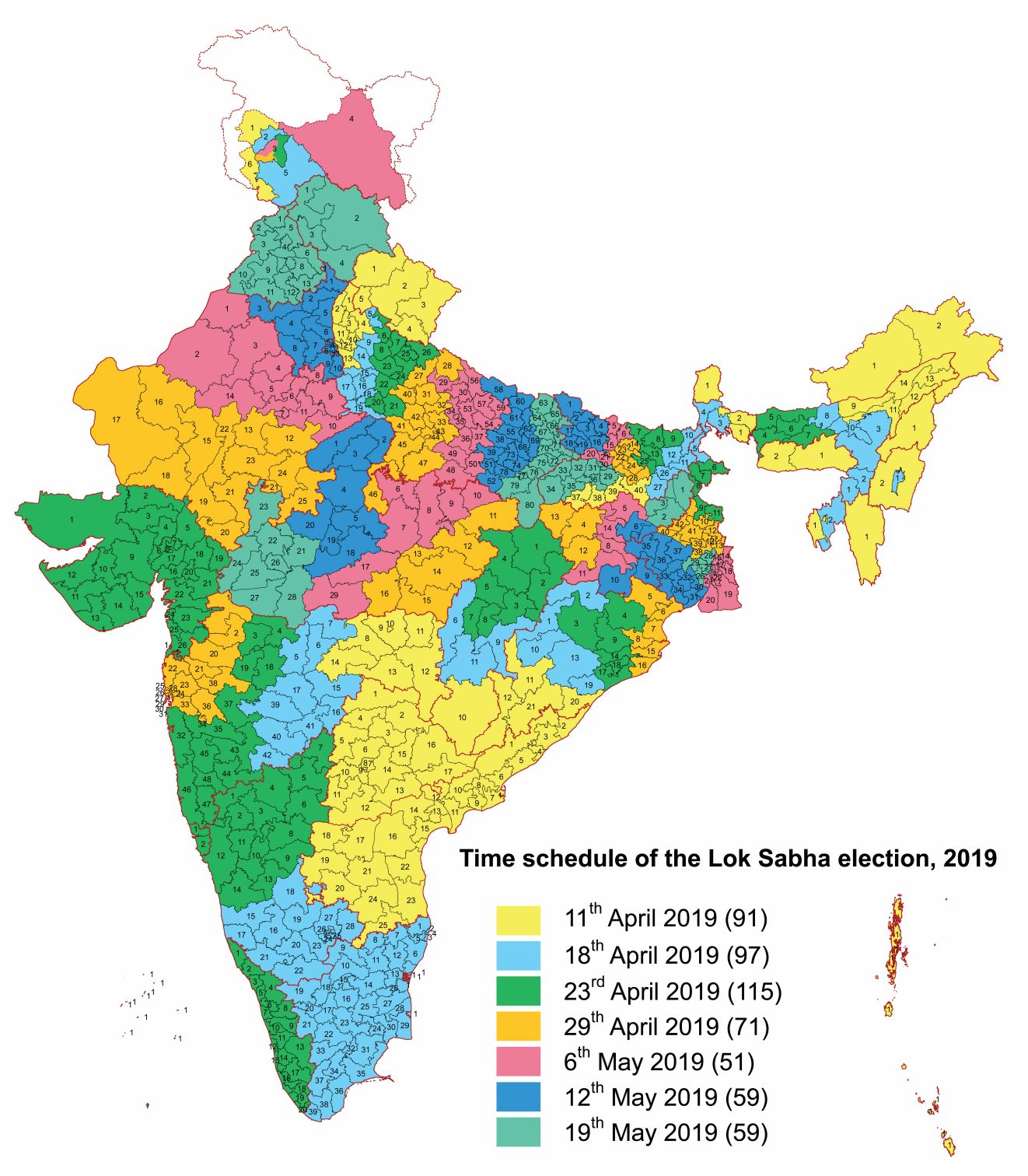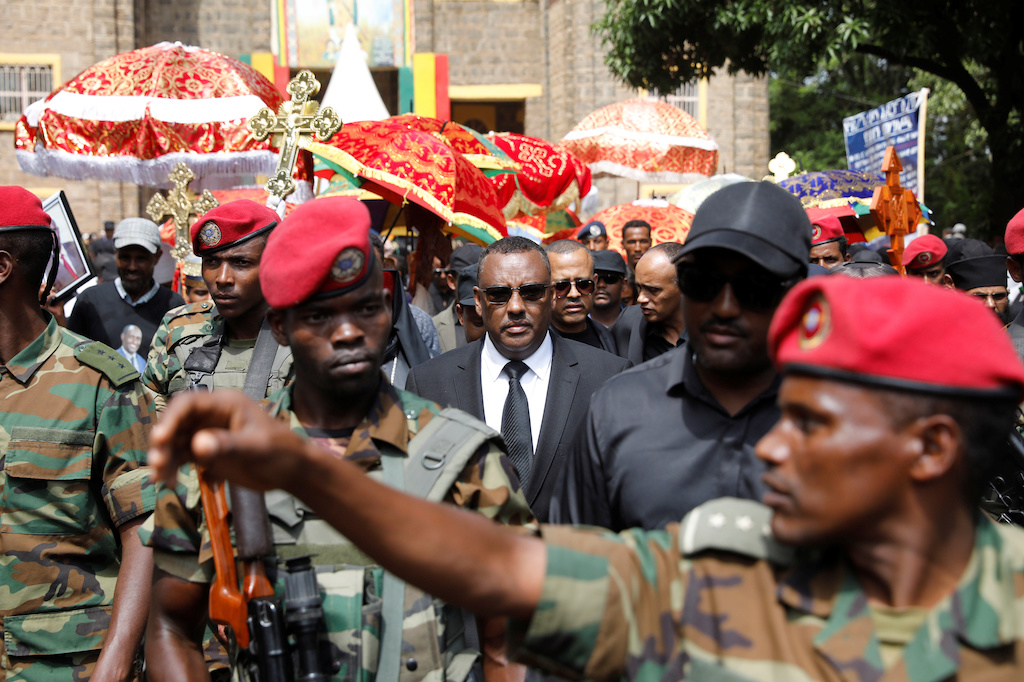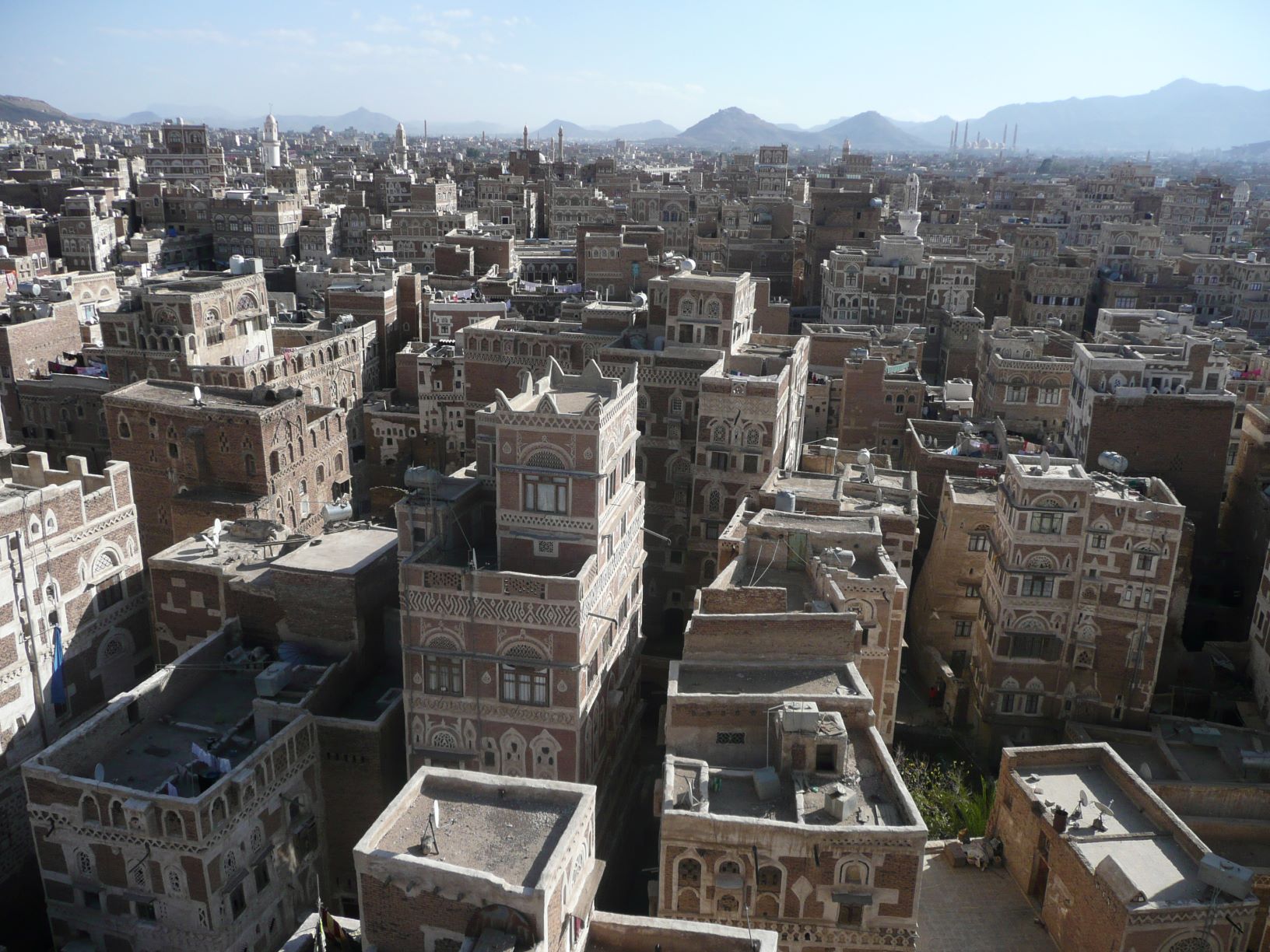The Southeast Asian kingdom of Brunei began imposing stoning as a punishment for gay sex and adultery on April 3.
According to The New York Times, the new Shariah penal code makes extramarital sex, anal sex and abortion illegal and punishable by death by stoning. The code dictates lesbian sex will be punished with 40 lashes, while other crimes could be punished with the amputation of hands or feet. Previous to the new penal code, homosexuality was to be punished with a maximum of 10 years in prison and fines.
The new penal code will also apply to children who have reached puberty. If adolescents engage in any of the crimes stated above, they will be punished as adults and receive the same treatment.
Brunei’s Sultan Hassanal Bolkiah has been in power since 1967. In addition to being Sultan, Bolkiah is also Brunei’s prime minister and holds several other titles. Bolkiah first announced Brunei would be implementing a severe version of Shariah Law in 2013.
Shariah Law is a legal system heavily relying on the physical punishment of crimes. This legal system is only applicable to Muslims, who make up approximately two-thirds of Brunei’s population, according to the United States Department of State.
The 2013 announcement was met with several protests at the Beverly Hills Hotel and The Bel-Air in Los Angeles. These hotels are two of the nine owned by the Sultan of Brunei and his family. The protests led to a significant delay in the implementation of the laws, but Brunei officially began practicing Shariah Law on April 3.
A press statement from the Prime Minister’s Office defends the new penal code, stating, “Brunei Darussalam is a sovereign Islamic and fully independent country and, like all other independent countries, enforces its own rule of law.”
It also states the new Shariah penal code will run in unison with the Common Law ruling over the non-Muslim population. Shariah and Common Law will “continue to run in parallel to maintain peace and order and preserve religion, life, family and individuals regardless of gender, nationality, race and faith.”
The new penal code has led many human rights organizations to speak out against Brunei. “As well as imposing cruel, inhuman and degrading punishments, it blatantly restricts the right to freedom of expression, religion and belief,” Rachel Chhoa-Howard, Brunei researcher at Amnesty International, told The Guardian. “To legalize such cruel and inhuman penalties is appalling of itself.”
Several celebrities also spoke out against Brunei’s new law. These celebrities, including Ellen DeGeneres and Elton John, have announced they will boycott the nine hotels owned by the Sultan and his family across the world.
“Every single time we stay at or take meetings at or dine at any of these nine hotels, we are putting money directly into the pockets of men who choose to stone and whip to death their own citizens for being gay or accused of adultery,” American actor George Clooney wrote in a guest column in Deadline Hollywood. “But are we really going to help pay for these human rights violations? Are we really going to help fund the murder of innocent civilians?”
“Living in Brunei, we already knew that our sexual identity is taboo and should not be expressed,” a 23-year-old member of Brunei’s LGBTQ community—referred to as only Kun as he feared backlash from authorities—told The Washington Post. “We already feel belittled before the law came to place.”
“Now with it, we feel even smaller, and the ones who could potentially oppress us have the opportunity to harass us to say and do what they want,” Kun continued.
The Washington Post also spoke to several tourists who said they would not have stayed at their hotel had they known what was going on in Brunei. Philippe Menager, a regular customer at the Le Meurice hotel in Paris said he would no longer frequent the spa there. He had been going to the hotel spa for 15 years.
Menager told The Washington Post, “I can’t continue to be a frequent visitor of the hotels of this savage to preserve the jobs of the people who work at Le Muerice—who are very nice, and I like them.”
The Brunei kingdom has yet to make any changes to their policies despite international outcry and hotel boycotts.






